Instead of a 20-year preferential price for biomass and waste-to-energy, the Ministry of Industry and Trade proposed that EVN negotiate purchase prices with projects based on a price framework issued by the ministry.
The Ministry of Industry and Trade has just submitted a document to the Prime Minister proposing to develop a new electricity price framework for biomass power projects and power generation using solid waste (waste-to-energy).
Currently, solid waste and biomass power projects are applying preferential prices for 20 years according to the Prime Minister's decisions in 2014 and 2020. However, the Ministry proposes that these projects must negotiate prices with EVN, based on the price framework issued by the Ministry. This mechanism, if applied, will be similar to the policy for transitional solar and wind power projects (missing the 20-year preferential FIT price).
Explaining the discontinuation of the preferential price mechanism for biomass electricity and solid waste, the Ministry of Industry and Trade said that there are currently many new technologies being developed that are different from the technologies that are subject to the Government's preferential policies.
For example, after nearly 4 years of applying the biomass power development support mechanism of 7.03-8.47 cents per kWh (according to Decision 08/2020), difficulties have arisen when many sugar factories want to generate more electricity from other agricultural by-products, in addition to sugarcane. Some projects want to switch fuel or mix coal with biomass... causing difficulties in determining electricity prices because they are not eligible for the incentive mechanism.
Similarly, the preferential electricity price for solid waste projects is 7.28-10.05 cents per kWh, applied to factories using direct combustion technology and burning gas collected from landfills. Because, in 2014 - the time of the preferential price policy (Decision 31/2014) - only these two types of technology were developed.
However, biomass power generation technology using solid waste has developed strongly in recent times. Many new technologies have appeared on the market, such as generating electricity from biogas, wastewater, sludge; solid waste gasification technology to generate electricity and other advanced technologies. These types of technology are not subject to preferential price policies, so investors and management agencies have difficulty in considering and calculating electricity prices.
Therefore, the Ministry of Industry and Trade proposes that the Prime Minister allow the development and promulgation of a power generation price framework to be applied from now on to biomass power and solid waste power. This mechanism, once promulgated, will replace the current policies. EVN and project investors will negotiate prices and electricity purchase contracts within the price framework issued by the Ministry of Industry and Trade.
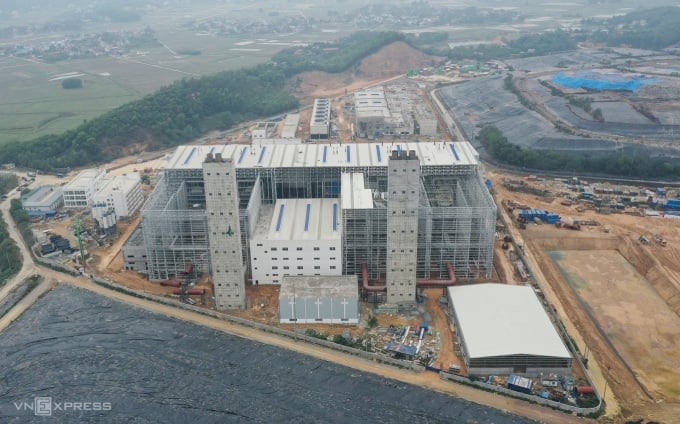
Waste-to-energy plant in Soc Son, Hanoi, January 2022. Photo: Ngoc Thanh
In giving their opinions, most ministries and sectors supported it, as these are new energy sources that are encouraged for investment. However, the Ministry of Justice noted that the newly issued policy needs to ensure business investment for the projects.
Meanwhile, Vietnam Electricity Group (EVN) proposed allowing investors to choose to directly participate in the electricity market or choose according to the criteria of the lowest bid price within the price frame of the Ministry of Industry and Trade.
In response to these comments, the Ministry of Industry and Trade said that more and more biomass and solid waste power plants have technologies different from those stated in previous Prime Ministerial decisions, so a new policy needs to be introduced to replace them.
"The electricity price of these plants needs to be determined through negotiations between the electricity buyer and seller, based on the input parameters of the plant, similar to other power plants in the system. This negotiated price is within the price framework issued by the Ministry of Industry and Trade," the Ministry of Industry and Trade stated its opinion.
In addition, the proposal to build the revised Electricity Law has added a case where electricity prices are determined according to the results of the bidding to select investors by competent state agencies, but do not exceed the approved electricity generation price frame.
The Ministry also affirmed that projects with previously signed power purchase contracts will be guaranteed investment and business in case of legal changes according to the Investment Law 2020.
By June, Vietnam had 23 biomass and solid waste power projects with a total capacity of more than 523 MW. The preferential electricity purchase price for these projects lasts for 20 years. Currently, the electricity purchase price from biomass power projects is 7.03 - 8.47 cents per kWh, depending on whether the project is co-generation or not; solid waste power is 7.28 - 10.05 cents per kWh.
Source link


![[Photo] Warm meeting between the two First Ladies of the Prime Ministers of Vietnam and Ethiopia with visually impaired students of Nguyen Dinh Chieu School](https://vstatic.vietnam.vn/vietnam/resource/IMAGE/2025/4/17/b1a43ba73eb94fea89034e458154f7ae)
![[Photo] Prime Minister Pham Minh Chinh and Ethiopian Prime Minister visit Tran Quoc Pagoda](https://vstatic.vietnam.vn/vietnam/resource/IMAGE/2025/4/17/18ba6e1e73f94a618f5b5e9c1bd364a8)
![[Photo] Promoting friendship, solidarity and cooperation between the armies and people of the two countries](https://vstatic.vietnam.vn/vietnam/resource/IMAGE/2025/4/17/0c4d087864f14092aed77252590b6bae)
![[Photo] General Secretary To Lam receives French Ambassador to Vietnam Olivier Brochet](https://vstatic.vietnam.vn/vietnam/resource/IMAGE/2025/4/17/49224f0f12e84b66a73b17eb251f7278)
![[Photo] Welcoming ceremony for Chinese Defense Minister and delegation for friendship exchange](https://vstatic.vietnam.vn/vietnam/resource/IMAGE/2025/4/17/fadd533046594e5cacbb28de4c4d5655)
![[Photo] President Luong Cuong receives Kenyan Defense Minister Soipan Tuya](https://vstatic.vietnam.vn/vietnam/resource/IMAGE/2025/4/17/0e7a5185e8144d73af91e67e03567f41)
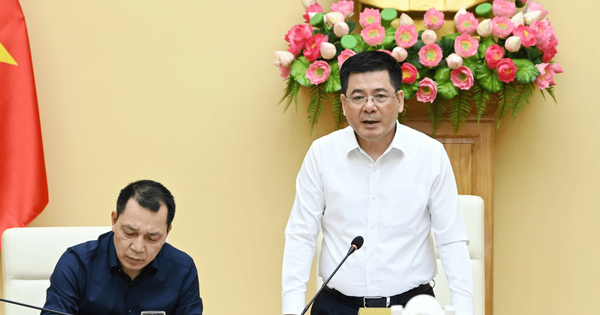

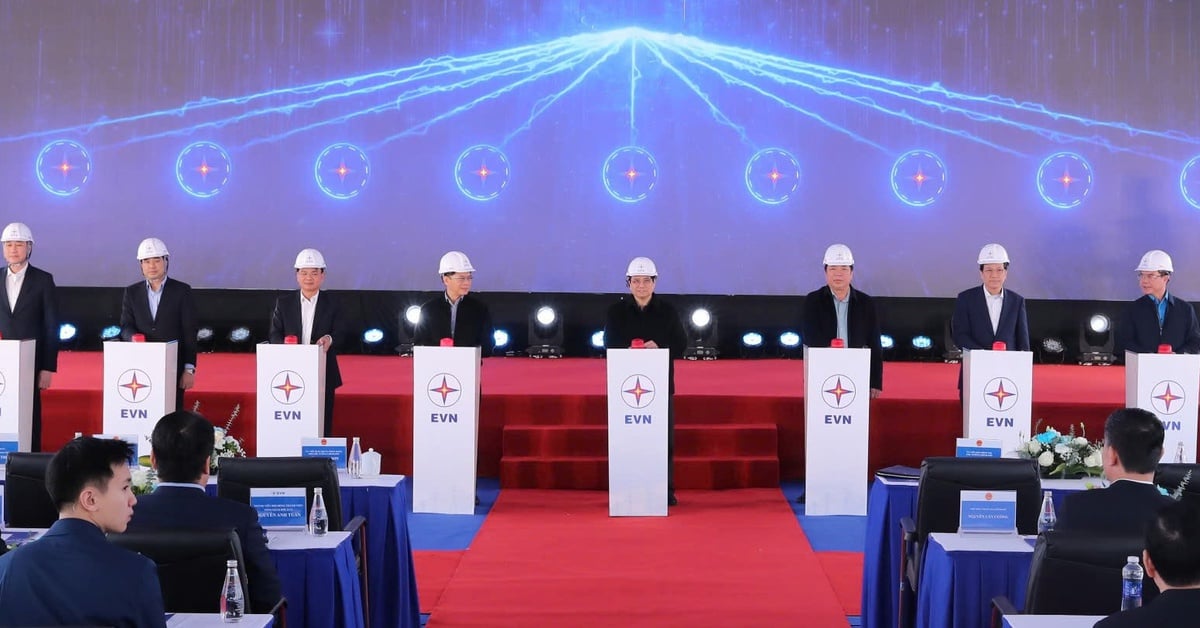




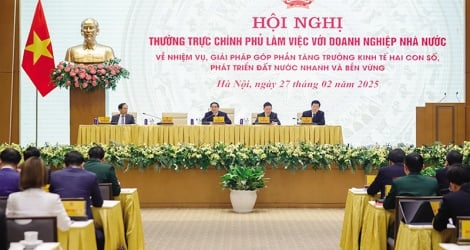





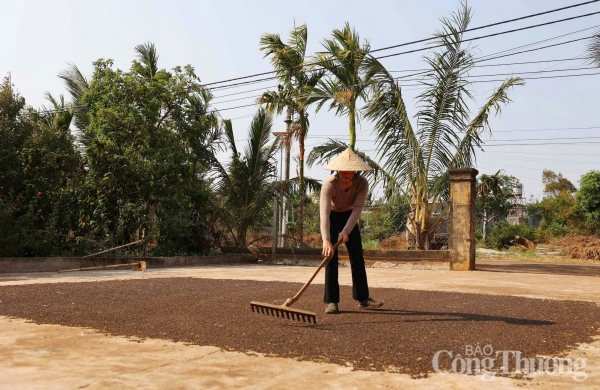
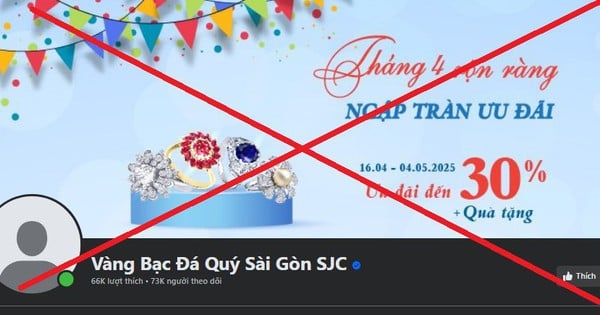
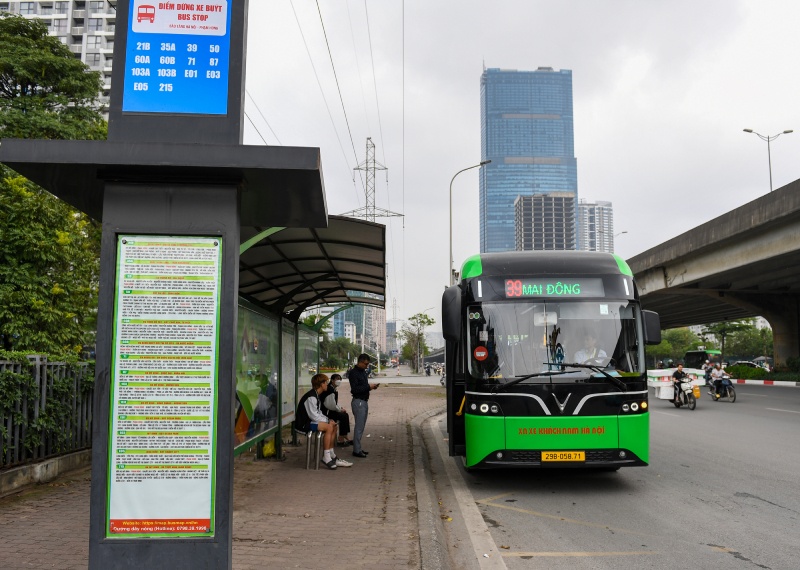




































![[Video] Viettel officially puts into operation the largest submarine optical cable line in Vietnam](https://vstatic.vietnam.vn/vietnam/resource/IMAGE/2025/4/17/f19008c6010c4a538cc422cb791ca0a1)

















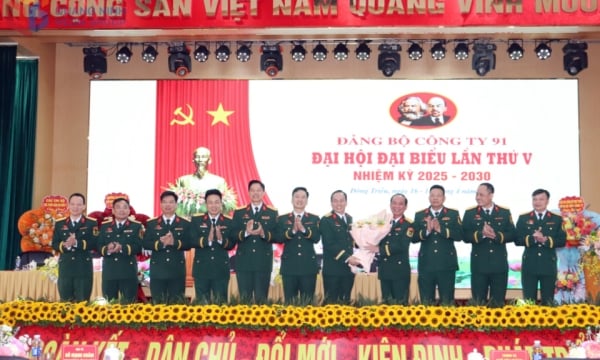

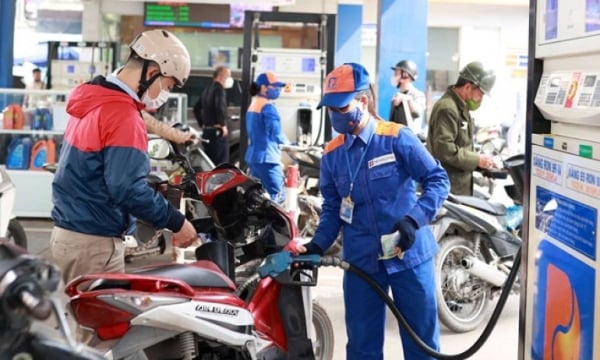




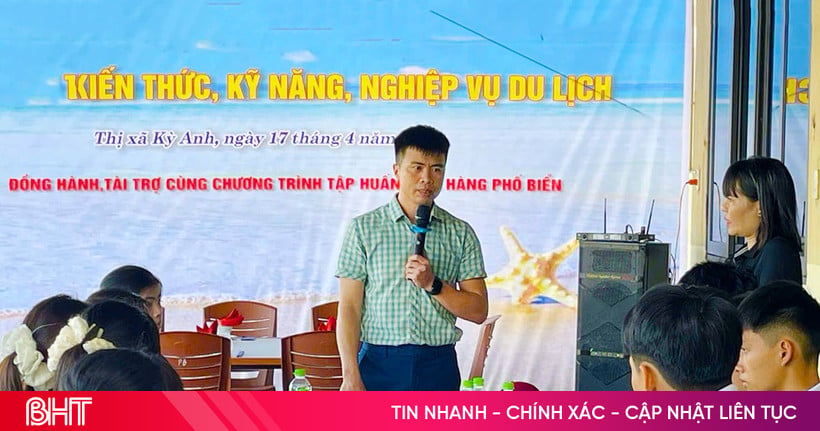













Comment (0)